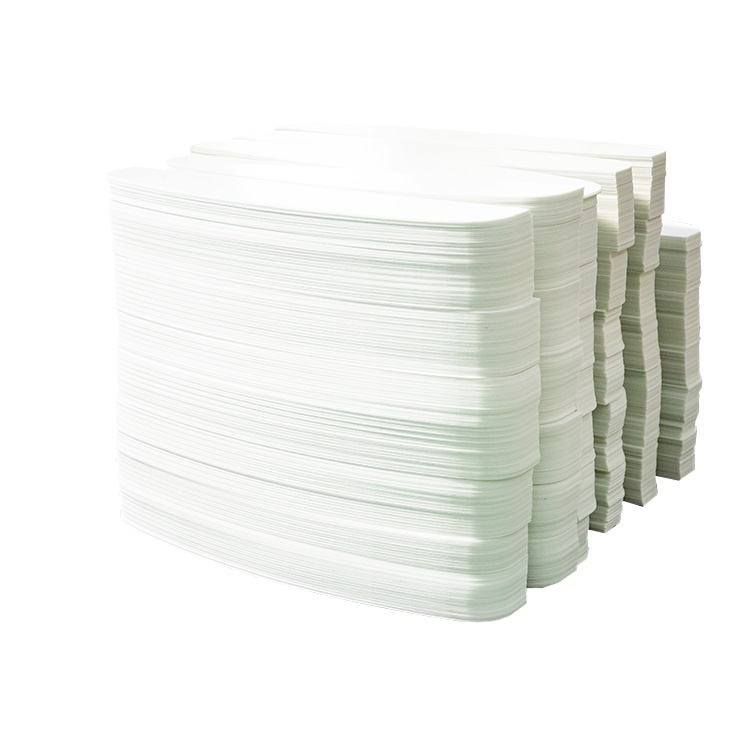GMT (Glass Mat Thermoplastic) sheets deliver exceptional performance when it comes to corrosion resistance, far surpassing traditional metal materials. Here’s how they stand out:
1. Core Strengths in Corrosion Resistance
Resilience Against Chemical Attack
GMT sheets can withstand the vast majority of acids, alkalis, and salts. Even in highly acidic environments, they show no signs of damage. This makes them ideal for industries like power and chemical processing, where they can be exposed to corrosive agents long-term without needing protective coatings. As a result, their service life is significantly longer than that of metal parts.
Exceptional Durability and Weather Resistance
With excellent weatherability, GMT sheets maintain stable performance in temperatures ranging from -40°C to +80°C. You don't have to worry about performance degradation from environmental factors over time, making them a reliable choice for outdoor structures, transportation equipment, and more.
Inherently Rust-Proof and Insulating
Unlike traditional metals, GMT sheets simply do not rust. They are also excellent electrical insulators, which prevents the electrochemical corrosion that can lead to structural failure, further enhancing their long-term durability.
2. How GMT Compares to Metal
Lightweight Strength Meets Durability
With a density just one-sixth that of steel, GMT sheets offer a remarkable combination of low weight and superior corrosion resistance. In automotive applications like underbody shields and engine covers, they can replace steel to reduce vehicle weight while simultaneously improving durability and lowering maintenance costs.
Eco-Friendly and Recyclable
GMT sheets meet the automotive industry's growing demand for sustainable materials. The recycling process is straightforward, enabling a closed-loop system. Compared to thermoset materials like SMC, GMT boasts a higher recycling rate. Furthermore, adding 10-30% recycled material back into the production process does not compromise performance, minimizing resource waste.
3. Proven in Real-World Applications
Automotive Industry
GMT sheets are widely used for exterior and structural automotive parts, such as bumper brackets and battery trays. In harsh conditions involving moisture and salt spray, their corrosion resistance ensures long-term operational stability, reducing failures and repair costs.
Construction and Transportation
In applications like concrete forming panels and container linings, the corrosion resistance of GMT sheets extends service life and reduces the frequency of replacement. For instance, GMT pallets used in cement block production have a theoretical lifespan of over 8 years with an annual breakage rate below 1%—far superior to traditional bamboo, wood, or plastic pallets.
Civil and Municipal Engineering
GMT composite manhole covers, made from fiberglass and resin, are lighter and more durable than traditional cast iron covers. Their resistance to corrosion from rainwater and chemical runoff prevents degradation, enhancing the safety and longevity of municipal infrastructure.
4. A Summary of Key Advantages
A Winning Combination of Properties
GMT sheets deliver an impressive package of features—light weight, high strength, corrosion resistance, and water/fire resistance—making them a versatile choice across the construction, transportation, and marine industries.
Long-Term Reliability
The material remains stable in extreme outdoor heat and cold, ensuring reliable performance over the long haul without degradation. This makes it suitable for use in diverse and challenging climates.
Environmentally Responsible
GMT sheets generate minimal pollution during manufacturing and use, aligning with the global trend toward green manufacturing. They are an ideal, sustainable alternative to many traditional materials.




